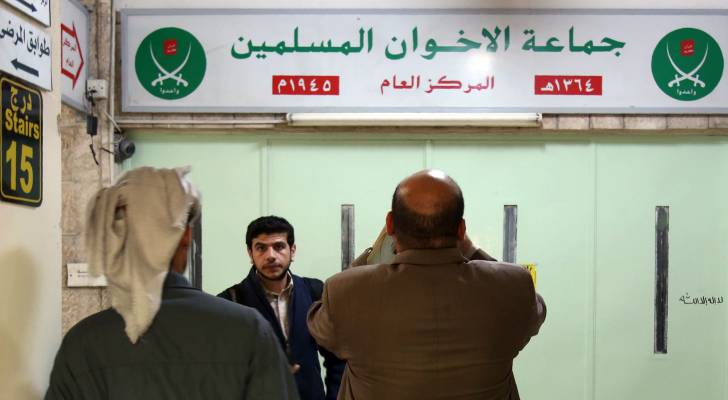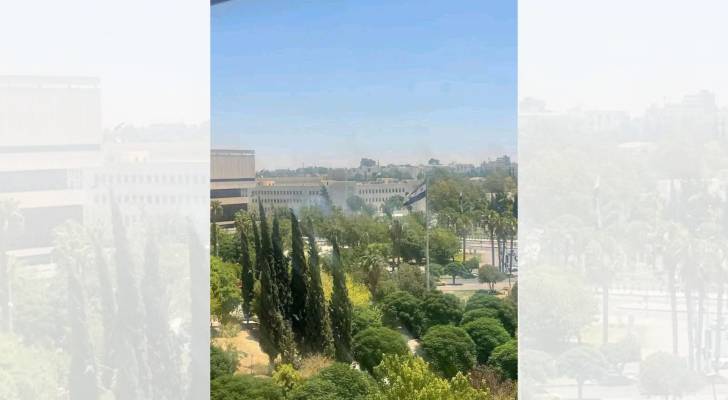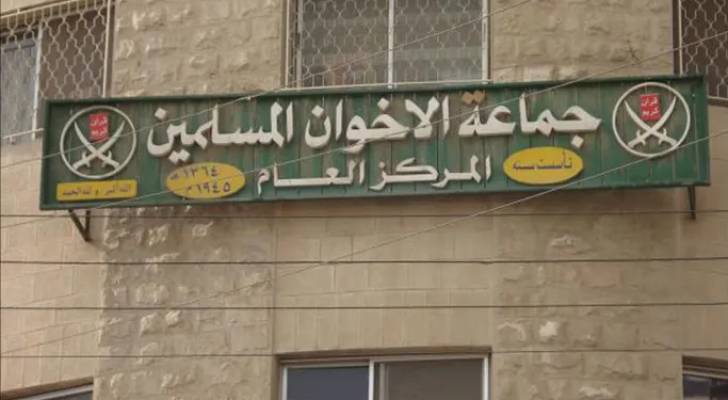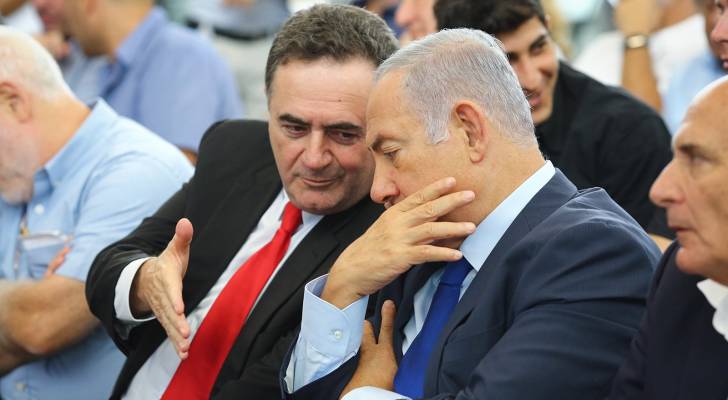Lebanon... Waiting at the Train Station - By Mustafa Fahs, Asharq Al-Awsat
In Lebanon, we are waiting collectively: Lebanon’s state and its people, its sects and parties, its individuals and groups are all waiting together, but for what? To this question, answers diverge. Each side has a different interpretation, singing their own distinct tune. The most difficult question, however, remains whether we have already missed the train.
What Lebanon’s ruling political class and its elites have failed to grasp is that Tom Barrack does not represent a charity. He is the American president’s envoy, here to convey the terms offered by the world’s only superpower. He and his country are busy addressing many concerns. They have no time to waste on this political class, which, in turn, cannot afford to dither and does not have the leverage to impose terms of its own. After years of corruption and strategic and political mismanagement, Lebanon, both as a state and a people, is now being hostage, forced to wait until further notice.
As we await Tom Barrack’s return to Beirut and his administration’s responses to the Lebanese government's comments on the terms that the US has proposed (and with it whether Lebanon has an opportunity to catch up with the changes and make the new East train) Lebanon’s issues are becoming increasingly complicated. To overcome our crisis, the nature of some groups must change, others must correct course, and a third cluster must moderate their ambitions.
Whether that happens depends on regional dynamics that both shape Lebanon’s political landscape and are shaped by it. Iran’s acquiescence is pivotal to determining whether Hezbollah becomes a purely political party. A domestic process is needed to transform the party and compel it to adopt a political identity, and neither seems inevitable or forthcoming. As for the remaining factions, they still seem incapable, at least for now, of putting their behind the development of a framework for a functional state.
Tom Barrack may be the latest visitor or envoy to arrive in Lebanon, but he comes from a family that had been among the first to board the long and distant train of migration from the country to the US. It is a journey that the Lebanese had been embarking on decades before the establishment of their modern state, and one they continued to make after their independence and liberation, particularly during periods of civil conflict, foreign tutelage, upheaval, and economic and political crises. The seats of the Eastern trains and boats in its ports were filled with migrants.
And now, after the "fatal support" that ended the "resistance" era, Tom Barrack has blown the whistle to announce the departure of a new train. The Lebanese are left with a choice: depart or return.
As for us- those who have remained and continue to wait at this train station- we are faced with two options: either we bid farewell to those who have chosen to take the path of our fathers and grandfathers and leave, or we welcome those returning aboard a new train. They come with unfamiliar faces, as well as ideas and projects once deemed unacceptable that recent shifts have made inevitable.
More alarmingly, boarding the train back to this impossible East is a daunting task. We must load it with painful regional transformations and arduous domestic reforms. Worse still, we are neither ready to board it nor protected from it. Its promises are seductive but costly, and the train track is riddled with traps. The real crisis is that some find hoping to be straightforward, while others refuse to do so altogether. These dilemmas may offer the ruling class- our sectarian and partisan leaders- an excuse to evade domestic responsibilities under the pretext of “foreign threats.”
To return to the introduction, Mahmoud Darwish resumes his portrait of the travelers:
"They went about their day, to their notebooks, to their postponed appointments, to a homeland that resembles a song... and I am still waiting."
Amid this anticipation, boarding the train may well be a gamble, but refusing to do so would be akin to suicide. We are at the final station; we have one last opportunity, with all its risks and possibilities. Will we manage to make a decision before we miss the train?
Latest News
-
 Legal expert outlines repercussions for Muslim Brotherhood financial scheme in Jordan
Legal expert outlines repercussions for Muslim Brotherhood financial scheme in Jordan
-
 “Israeli” military attacks Syrian army headquarters
“Israeli” military attacks Syrian army headquarters
-
 Over 30 million JD: Jordan authorities uncover massive Muslim Brotherhood covert funding scheme
Over 30 million JD: Jordan authorities uncover massive Muslim Brotherhood covert funding scheme
-
 Syria announces ceasefire in Druze-majority Suwayda after deadly clashes
Syria announces ceasefire in Druze-majority Suwayda after deadly clashes
-
 “Israel” says striking Syrian govt forces in Suwayda
“Israel” says striking Syrian govt forces in Suwayda